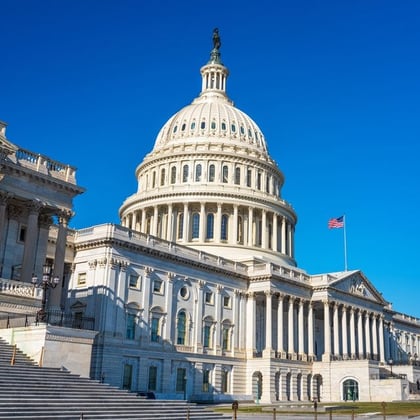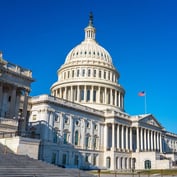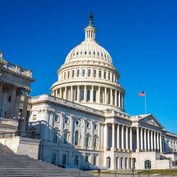New legislation would allow 403(b) plans to invest in collective investment trusts (CITs) and unregistered insurance company separate accounts.
H.R. 3063, the Retirement Fairness for Charities and Educational Institutions Act of 2023, has four primary sponsors: Rep. Frank Lucas, R-Okla.; Rep. Andy Barr, R-Ky.; Rep. Bill Foster, D-Ill., and Rep. Josh Gottheimer, D-N.J.
It amends federal securities laws to provide 403(b) plan participants — teachers, hospital workers, clergy and nonprofit employees — “access to the same cost-efficient investment options already available to all other employer-sponsored retirement plan participants,” according to the Insured Retirement Institute, which supports the bipartisan bill.
Changes proposed in the bill “will allow 403(b) plan providers increased flexibility to build more robust investment lineups for plan participants consisting of lower-cost options that preserve principal and provide protected guaranteed lifetime income solutions,” Paul Richman, IRI chief government and political affairs officer, said in a statement.
Product features in a separate account can vary, but “will commonly include what can be broadly described as the investment portion of a variable annuity or a life insurance product,” IRI explains.
“By being exempt and thereby unregistered, it allows for lower cost offerings because of the registration process,” IRI continued.








 May 04, 2023 at 02:46 PM
May 04, 2023 at 02:46 PM











 Copyright © 2024 ALM Global, LLC. All Rights Reserved.
Copyright © 2024 ALM Global, LLC. All Rights Reserved.